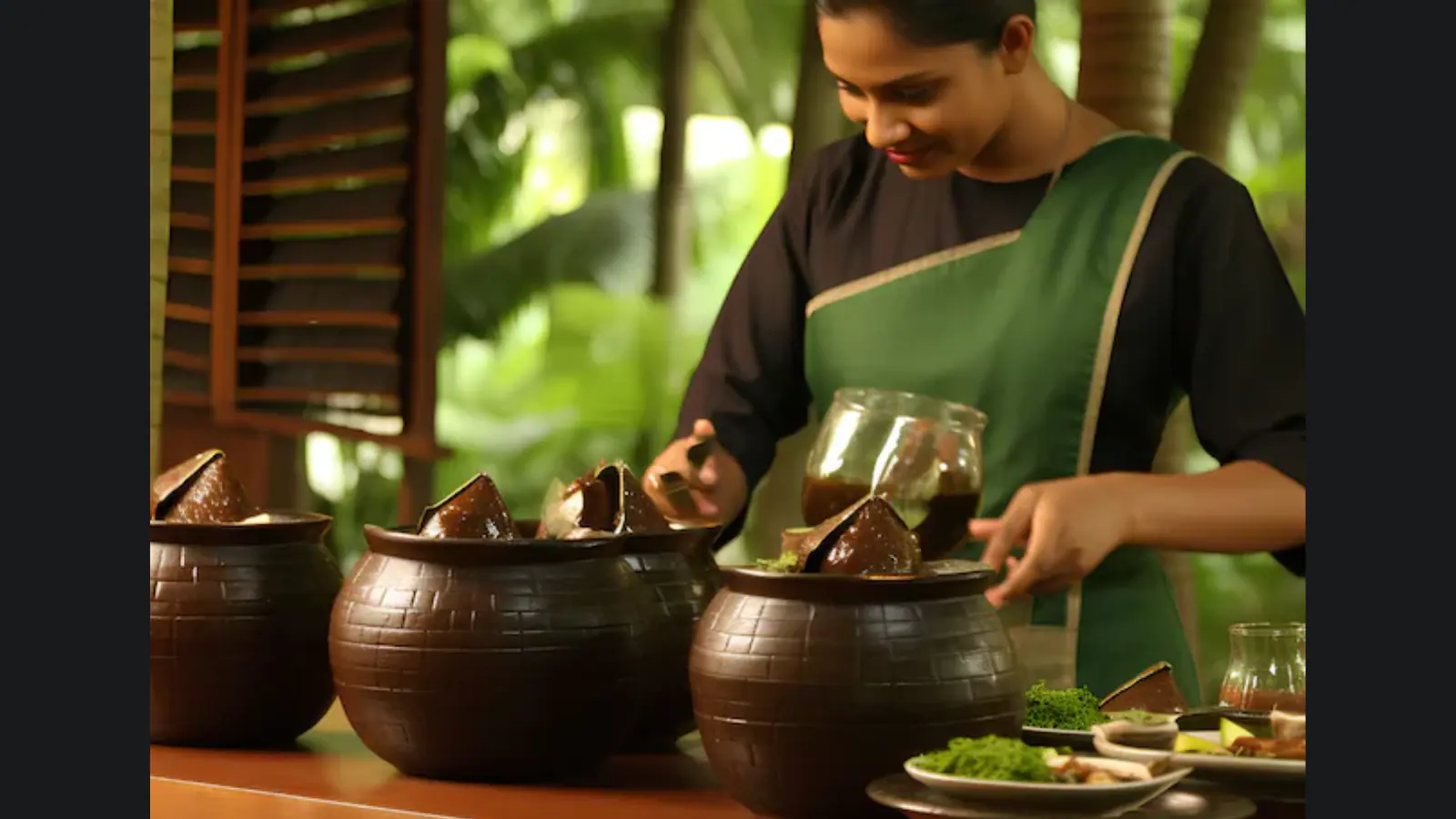By Abhijit Majumder News18
It could have been just another of those millions of daily fights on X that one forgets as the river of the social media timeline brings in new flotsam.
But it got bigger and bigger, perhaps because an entire civilisation’s knowledge and wisdom were attacked and insulted, and a country’s medical system was brought into question.
Indian chess grandmaster Vidit Gujrathi had written an innocuous Doctors’ Day post honouring his family of ayurvedic and homoeopathy doctors. A handle called @theliverdr, a practitioner from Kerala named Cyriac Abby Philips, piped up to say none of them were actual doctors. Cheered on by some others, he called AYUSH (ayurveda, yoga and naturopathy, unani, siddha, and homoeopathy) “pseudo-science”.
It is fine to criticise Indic medical and wellness systems. But when one repeatedly attacks and summarily dismisses it, one needs to delve into the motives.
After all, the civilisational knowledge and wisdom of thousands of years that have healed generations cannot be simply mocked away.
First, it betrays the deep insecurity of allopathy, which works on the Western paradigm of modern medicine, towards other medical systems. Many allopathic practitioners take the Abrahamic approach of exclusivity, that only it is the last word and the true cure; all other systems are hocus.
While Cyriac Abby Philips denigrates Hindu scientists showing any sign of spiritual belief, netizens posted screenshots from the Rajagiri hospital portal, where he is a senior consultant. The hospital has “chaplaincy and pastoral services” and its motto “we care, we cure” is a “proclamation of our firm commitment to invoke the healing power of God upon the whole person, body and soul”.
Second, ayurveda and homoeopathy are recognised medical courses in India that one gets into after clearing the National Eligibility cum Entrance Test or NEET.
BAMS, or Bachelor of Ayurvedic Medicine and Surgery, is an integrated medical degree specially designed to teach students the systems of the traditional Indian ayurveda system.
BHMS, or Bachelor of Homoeopathic Medicine and Surgery, comprehensively covers aspects of that field. After completing this degree, you become eligible to practice as a doctor in homoeopathy.
Western medical institutions have increasingly acknowledged and put to use Indian medical systems.
For instance, Gerhard J Newerla, MD, from Albany, New York, writes in The New England Journal of Medicine, “The first knowledge of testicular function was acquired empirically by the ancients when domestic animals were castrated for various reasons. However, the specific effects in men were also familiar in those early civilisations where eunuchs were part of the social order. Furthermore, The Ayurveda, written by Sushruta of India, written about 1400 BC, recommended the administration of testicular tissues for the cure of impotence.”
Columbia University credits Sushruta for the earliest plastic surgeries and nose jobs.
“During the 6th Century BCE, an Indian physician named Sushruta—widely regarded in India as the ‘father of surgery’—wrote one of the world’s earliest works on medicine and surgery. The Sushruta Samhita documented the etiology of more than 1,100 diseases, the use of hundreds of medicinal plants, and instructions for performing scores of surgical procedures—including three types of skin grafts and reconstruction of the nose,” its journal says.
In his acclaimed book, Saving My Neck: A Doctor’s East/West Journey through Cancer, Dr Timothy McCall, MD, wonderfully describes his experience at an ayurvedic doctor’s place in Kerala.
He says this doctor, Chandukutty, loves taking the cases in which the conventional medical doctors have thrown up their hands. In the first week, Dr McCall shadowed him at his clinic in 2007; he witnessed how a 20-something woman with rheumatoid arthritis slowly started recovering. She was bedridden despite high doses of prednisone and methotrexate, heavy Western meds used to calm her autoimmune condition. At Chandukutty’s clinic, after a few massages with medicated oils infused with dozens of herbs, she was up walking with a cane. Within three days, she was walking without one.
Dr McCall writes:
Rather than looking at an entire organism, a reductionist studies the parts that comprise it. In medicine, for example, the heart is viewed as a collection of parts, each of which is studied in detail. Each of these parts is in turn broken down into its own constituent parts. In the case of the heart, reductionists examine the chambers, the valves, the coronary arteries, and every other part that can be identified. This process continues at ever-finer levels of organization, down to nuclei and mitochondria, hormones and neurotransmitters.
Reductionist thinking in medicine has saved millions of lives. Consider antibiotics, insulin, and the polio vaccine—even hand-washing. But, unfortunately, some physicians take a good thing too far. They put so much trust in the power of reductionism that they feel no need to consider the full humanity of their patients. When this attitude is taken to its extreme, the patient is seen as the sum of her lab tests and imaging studies. She becomes little more than a machine, some of whose parts can be fixed, others replaced.
After a lifetime immersed in the field, I believe that we as a society have accepted a flawed understanding of health care.
Mark Hyman, MD, and then director, Cleveland Clinic Center for Functional Medicine, says the “integrative approach is the future of health care”.
But in the land where that very integrative approach was born, some practitioners ironically want to choke every ounce of ancient knowledge instead of exploring—in true scientific temperament—what they still do not know or are able to prove accurately with current medical understanding.
Abhijit Majumder is a senior journalist. Views expressed in the above piece are personal and solely those of the author. They do not necessarily reflect News18’s views.
